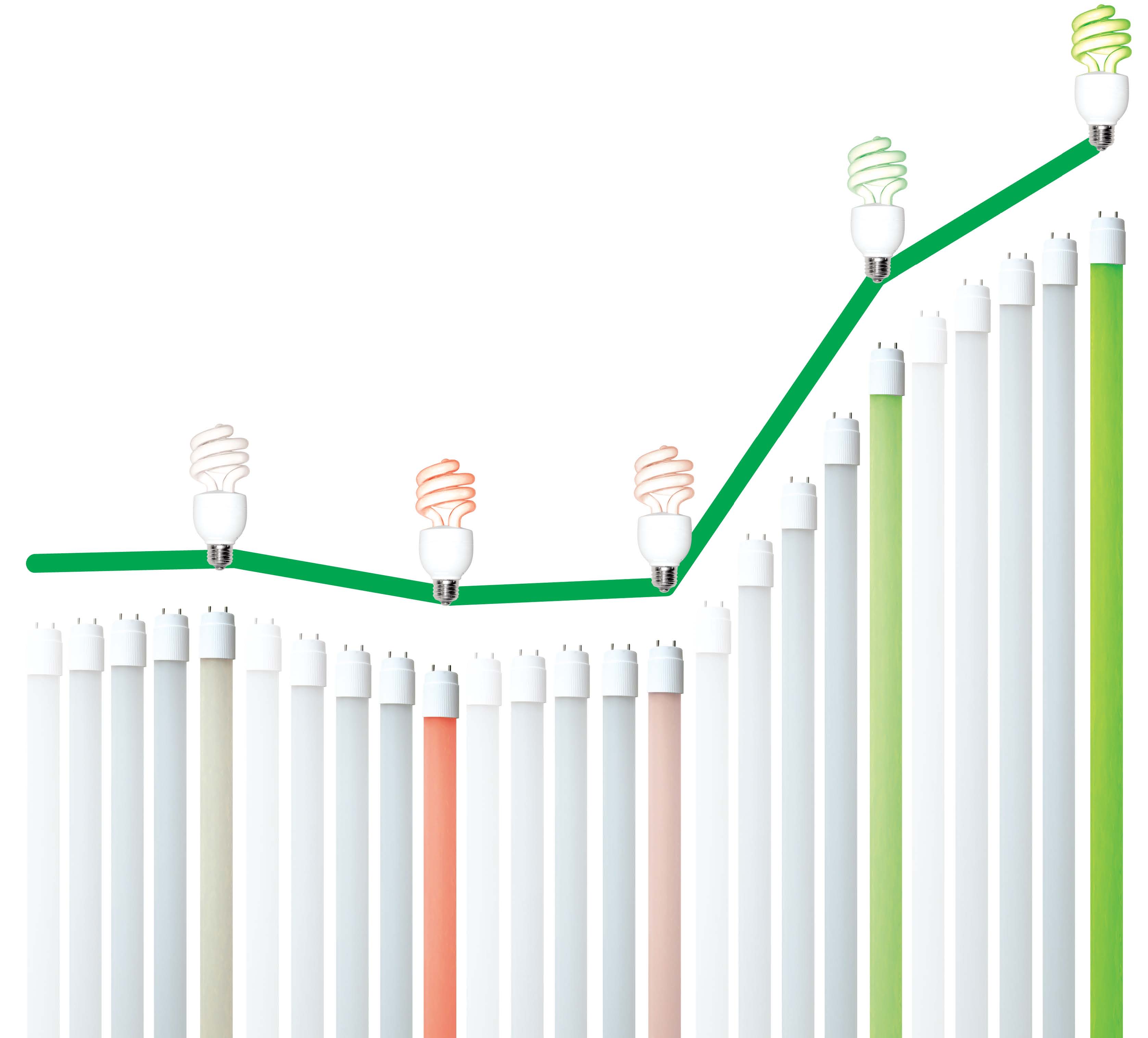
KARACHI: Pakistan stands out amongst its peers as the only country to have positive cash inflows during the European debt crisis.
This is at a time when all the other countries, like Korea, India, Turkey and the Philippines, witnessed massive outflows and global capital markets witnessed huge sell-offs.
According to JS Global Capital, these countries’ currencies went down to the crisis. The euro is down 8.3 per cent, the South Korean won is down 11.6 per cent, the Indian rupee and Turkish lira lost 6.3 per cent and the Philippines peso declined 4.6 per cent.
South Korea, Taiwan and India’s benchmark indices had outflows of $5.33 billion, $3.89 billion and $1.96 billion respectively from the beginning of the current month up to the current date. Korea’s KOSPI had the highest outflow followed by Taiwan and India.
During the crisis, foreigners invested $23 million in Pakistan’s capital market from the beginning of the month until now. The rupee went down by very little, a mere 1.3 per cent, according to JS Global Capital analysts.
The MSCI World index went down 13.4 per cent. It is a stock market index of 1500 ‘world’ stocks and is often used as a common benchmark for ‘world’ or ‘global’ stock funds.
During the crisis, from the beginning of the month until now, the MSCI EM (Emerging Markets) has gone down by 13.6 per cent and the MSCI FM (Frontier Market) went down by 9.3 per cent.
Pakistan and the world
The KSE’s decline from the beginning of the month up till now has been 7.8 per cent. It is obvious that Pakistan’s stock markets are not immune to what goes on globally.
The decline is primarily a result of domestic investors selling stocks, says JS Global Capital analyst Muzzammil Aslam. He adds that it is interesting that foreign investors have remained net buyers and have injected $23 million into Pakistan’s market so far.
Why are domestic investors panicking?
They are uncomfortable with the situation in the global market and feel that it is the smart thing to withdraw their money. There has been a sharp downturn in the commodity markets and this has upset investors.
Domestic politics are volatile right now and the Value Added Tax will be imposed soon, which will affect returns from local mutual funds.
It’s a bird, it’s a plane ... it’s the KSE-100
It may not seem that way because of the recent KSE-100 index decline of 811.82 points during the last nine trading sessions.
But this highlighted the attractiveness of ‘defensive high dividend yielding stocks’ available in the market whose estimated dividend yields for the fiscal year 2011 is higher than the one-year Treasury bill rate of 12.2 per cent, according to analysts.
Companies like the Hub Power Company, Fauji Fertiliser, Pakistan Petroleum and Fauji Fertiliser Bin Qasim showed very small decreases in their price relative to the rest of the market.
Pakistan’s stock market offers a dividend yield of nine per cent for the forecast of the fiscal year 2011 as compared to the average regional stock market yield of 3.2 per cent, said JS Global Capital analyst Junaid Iqbal.
Published in the Express Tribune, May 28th, 2010.































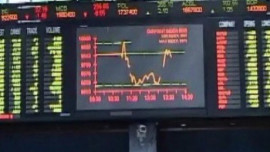
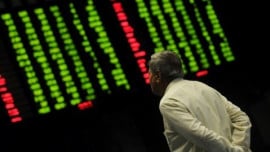
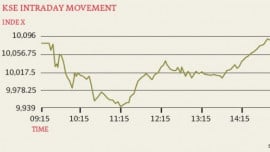
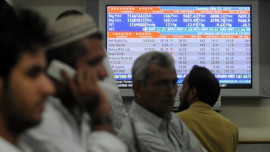


























COMMENTS (2)
Comments are moderated and generally will be posted if they are on-topic and not abusive.
For more information, please see our Comments FAQ